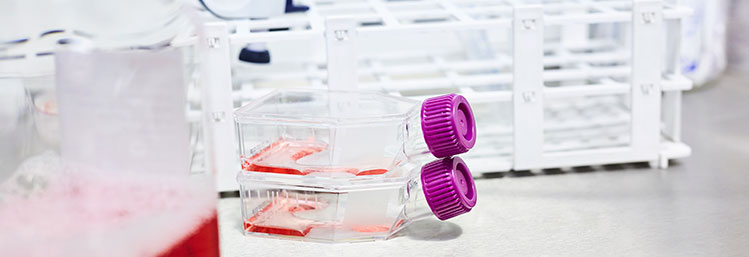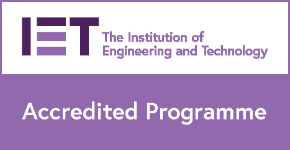
Clinical Technology
BSc (Hons)
- Typical offer for 2025
- Duration
- UCAS code
Suitable for applications.
Placement Year
This 4-year BSc (Hons) Clinical Technology programme offers you the opportunity to take up a placement year working in industry in your third year.
The placement year is an excellent way to develop your professional experience, build industry contacts, and gain insight into the day-to-day work of a professional clinical technologist. Placements are predominantly salaried positions and may lead to offers of employment upon graduation if you excel during your placement.
Support for placement applications is plentiful, with a dedicated Faculty Career Development Advisor and academic staff members overseeing placement students. All students on placement are assigned an academic supervisor who will visit them during their placement year and can provide advice and guidance.
Recent placement destinations include:
- DePuySynthes (Johnson & Johnson)
- Smith & Nephew
- Biomet Healthcare UK Ltd
- GE Healthcare
- Stanmore Orthopaedics
- Smiths Medicals
- IMI Precision Manufacturing
- Siemens
- Zimmer
- Blatchford
After completing your placement you’ll return to complete the final year of the programme, and apply all you’ve learnt to your final project.
Learning and assessment
You’ll learn through a combination of:
- formal and informal lectures
- tutorials
- laboratory practicals
- workshop skills sessions
- guest lectures and seminars
- group and individually assessed projects

Study abroad
All of our programmes offer the opportunity to study abroad with two semesters at an international partner institution.
Study support
We have a commitment to strong pastoral care for all of our students, which includes a Personal Tutor for all students, regular contact hours for tutor groups and our supportive student service teams who are always ready to help with any questions and provide the advice that you need.
In addition to standard study support through taught sessions, our Virtual Learning Environment allows students to access resources, participate in group work and submit work from anywhere in the world 24/7.
University central services are rich with support teams to assist students with every aspect of their journey through our degree programmes. From our Career and Employability Service, through our strong Students' Union, to our professional and efficient Student Finance team, there are always friendly faces ready to support you and provide you with the answers that you need.
We have well-stocked libraries and excellent IT facilities across campus. These facilities are open 24 hours a day during term time, meaning you’ll always find a place to get things done on campus.
Our Academic Skills Advice Service will work with you to develop your academic, interpersonal and transferable skills.
Research
Cutting-edge research feeds directly into teaching and student projects, ensuring your studies are innovative, current and focused - and directly related to developments in the healthcare and orthopaedic industries.
All academic staff are research active, ensuring teaching is research-led and you'll have an effective, insightful supervisor when undertaking industry based projects.

